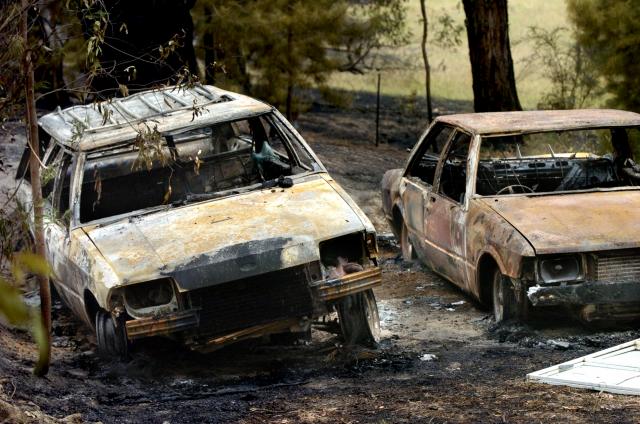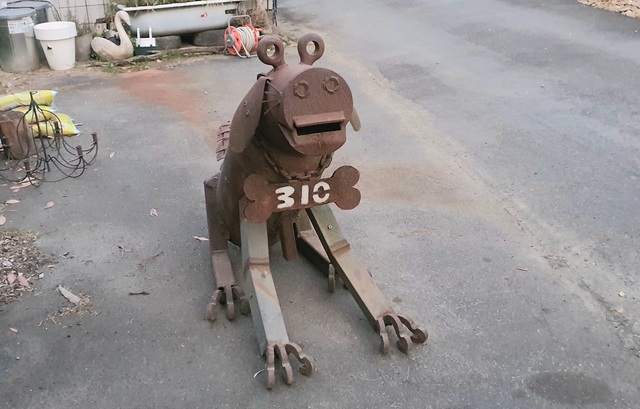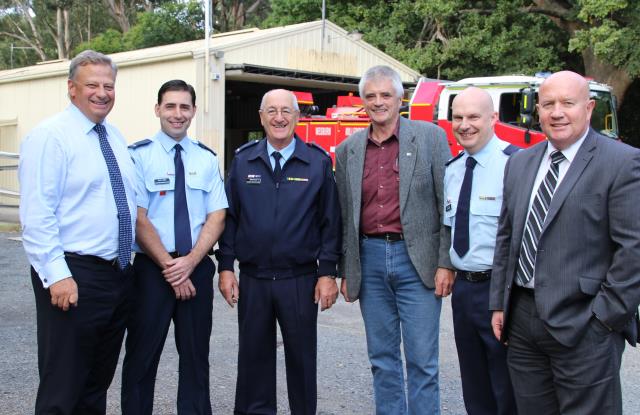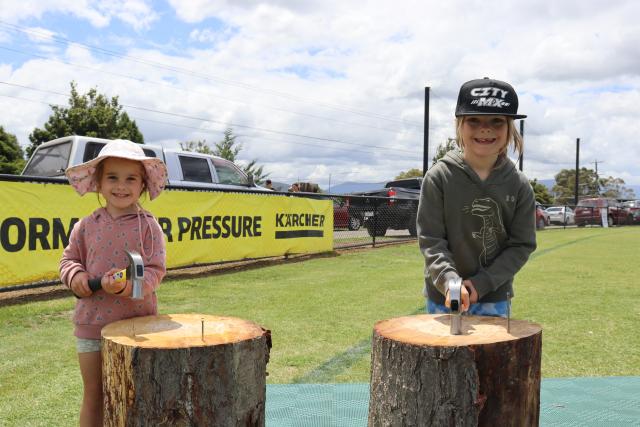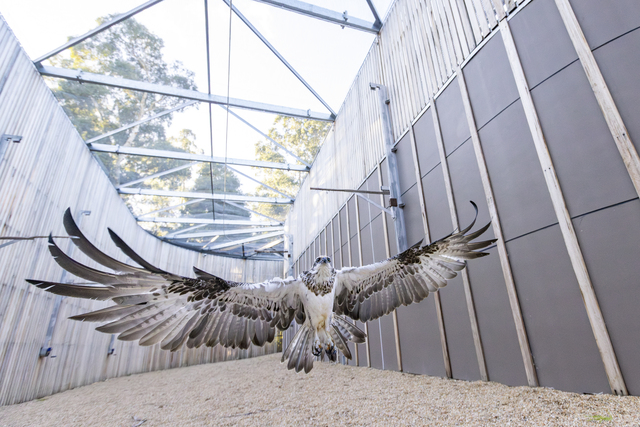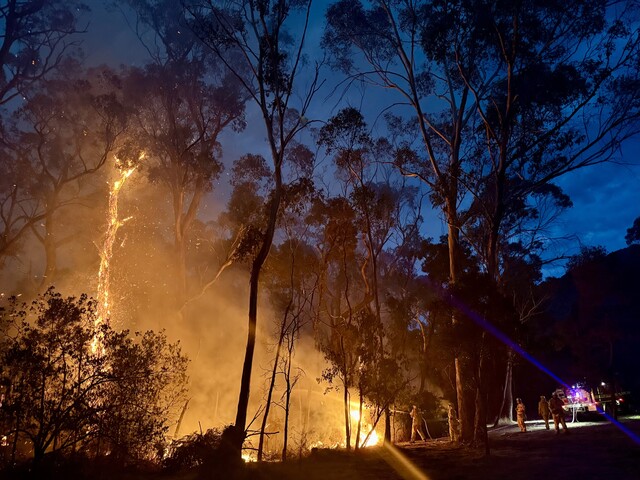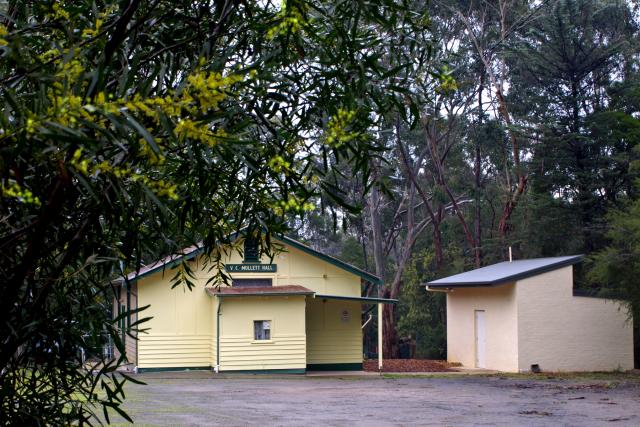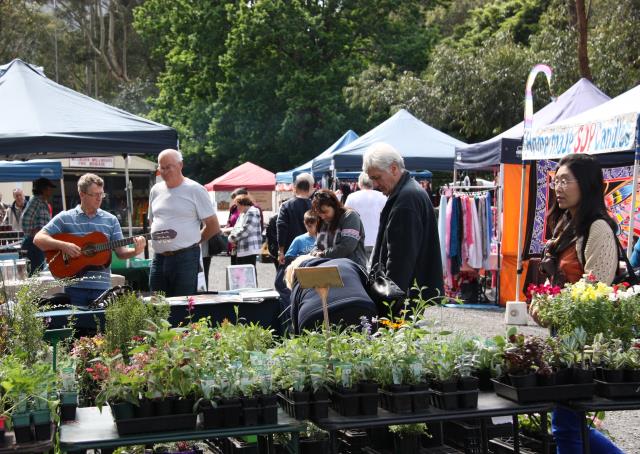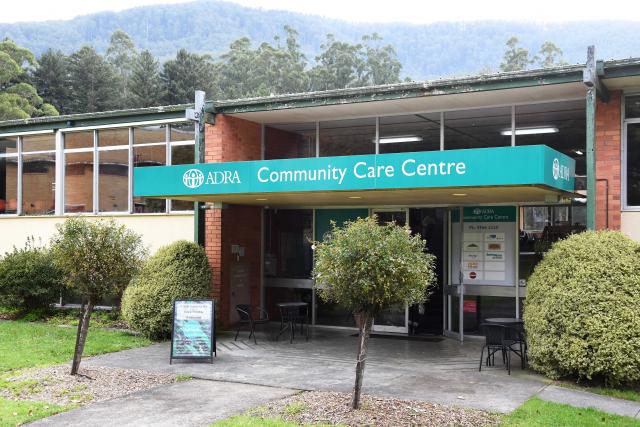With the current agricultural focus on QFly activity, Yarra Valley growers have learnt about another serious threat, Spotted Wing Drosophila.
At a seminar in Wandin on 30 October, Professor Rufus Isaacs of Michigan State University, said that although the pest was not here, growers need to be aware of the signs and take the threat seriously.
“I am not here to try and ruin your day but I am here to talk to you about how to prepare if it does show up,” he said. Spotted Wing Drosophila (SWD) is a native of East Asia and is rapidly becoming a global concern, having spread to North America, South America and Europe.
The pest is prevalent in most areas of Europe and has gained a significant foothold in Great Britain. In 2008 it was first detected in just one state, California, in the US but by 2018 Dr Isaacs said it had spread to all mainland states.
Dr Jessica Lye, of cesar australia, said the project is about “what can we do if this pest makes its way to Australia? Our focus is to develop a contingency plan so the industry is ready if it does come in.”
SWD attacks a variety of soft-skinned fruits such as strawberries, blueberries, raspberries, cherries and grapes. In Australia berry production is currently estimated to add around $1.6 billion annually to the national economy.
The focus of the cesar australia seminars was to increase the chances of detecting SWD and to develop a preparedness and capacity to respond effectively should it emerge in Australia.
Bethan Shaw from the National Institute of Agricultural Botany in the UK presented a program of options for growers to use.
She said, “In the UK it costs around $45 million a year to manage SWD but doing nothing can result in 100 percent crop loss.”
One of her key messages is to make farms less favourable to SWD by removing the non-crop area they inhabit, like wild blackberry patches.
She also said that crop hygiene is important and that it is vital to remove fruit that will not be sold. “Leaving fruit on the ground is not a good idea, it just creates a lovely little buffet of decomposing fruit on the ground under a canopy of ripening fruit.”
Other measures include netting, weed fabric, harvesting fruit every two to three days, regular inspection and early season trapping to see if SWD is there.
Effective practices for the correct disposal of waste or unmarketable fruit was also stressed by both Dr Isaacs and Bethan Shaw.
The seminars attracted more than 120 growers and industry personnel and were organised by Dr. Jessica Lyle of cesar australia.
Cesar australia is an independent company with a mission to combine sustainability with cutting edge science to achieve positive outcomes for the agricultural sector and wildlife conservation in Australia.
The SWD awareness project is funded by Hort Innovation, the grower-owned, not-for-profit research and development corporation for Australian horticulture.
More detailed information on the SWD project can be found on www.cesaraustralia.com.

